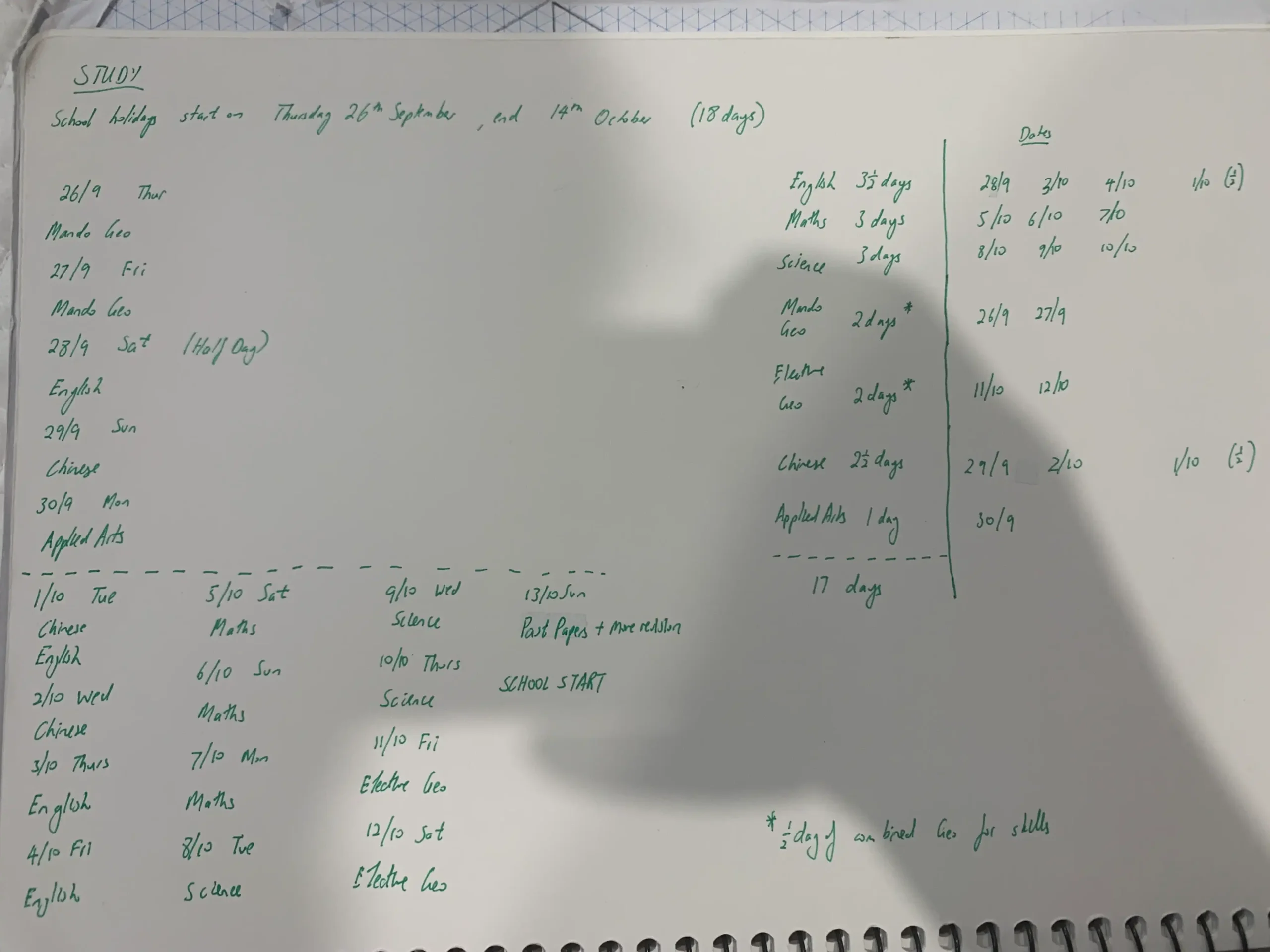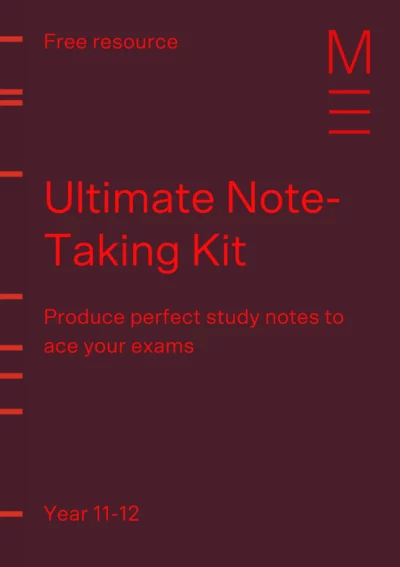Welcome to Matrix Education
To ensure we are showing you the most relevant content, please select your location below.
Select a year to see courses
Learn online or on-campus during the term or school holidays
Learn online or on-campus during the term or school holidays
Learn online or on-campus during the term or school holidays
Learn online or on-campus during the term or school holidays
Learn online or on-campus during the term or school holidays
Learn online or on-campus during the term or school holidays
Learn online or on-campus during the term or school holidays
Learn online or on-campus during the term or school holidays
Learn online or on-campus during the term or school holidays
Learn online or on-campus during the term or school holidays
Select a year to see available courses
Science guides to help you get ahead
Science guides to help you get ahead
Learn how to make a study schedule that actually works—straight from Isaac, a Year 10 student preparing early for uni.

Join 75,893 students who already have a head start.
"*" indicates required fields
You might also like

Join 8000+ students each term who already have a head start on their school academic journey.
Want to know how to make a study schedule so you’re prepared for senior years? Juggling school and extracurriculars can be overwhelming. Here’s how Year 10 student, Isaac, is doing it to stay ahead and reach his goal of getting into Medicine.
Table of contents:
Name: Isaac
School: Sydney Grammar School
University goal: Bachelor of Medical Studies at UNSW
Hi! I’m Isaac, I’m 15 and currently in Year 10 at Sydney Grammar School. I love playing chess and spend my spare time listening to music, gaming, and playing sports; especially rowing, tennis, and table tennis.
In this post, I’ll share the exact study schedule I use during the year and the study tips that helped me improve my marks and find balance.
Right now, I’m focused on my goal of studying Medicine at UNSW. To help with that, I’m currently taking Year 11 Extension 1 Maths and Year 10 English at Matrix Education. I chose to take these two courses at Matrix as I wanted to accelerate my Maths and improve my writing.

| Year 10 | Year 11 |
|
|
During the school term, I try to stick to a routine that helps me keep a good balance between study and extracurriculars. If you want to know how to make a study schedule that works long-term, it starts with planning ahead.
Always plan your afternoons before the week begins. Every Sunday, look at what assessments, tutoring classes, sports, and extracurriculars you have on, and block out time for each. The main purpose of this is so you can achieve everything you want to, without burning out.
Here’s how to make a study schedule:
Start with fixed commitments: Schedule your school hours and extracurriculars first.
Add study blocks around them: Even short sessions can make a big difference if you’re consistent.
Add buffers: Leave space for breaks or catch-up work so you’re not constantly behind.
Stick to your plan, but stay flexible: Life happens. Adjust where needed, but avoid skipping your core sessions.
For example, here’s my daily study timetable during the term:
| Time | Mon | Tues | Wed | Thurs | Fri |
|---|---|---|---|---|---|
| 6:30 am | Wake up | Wake up | Wake up | Wake up | Wake up |
| Before school | Gym | Gym | Gym | Gym | Gym |
| School hours | Regular classes | Regular classes | Regular classes | Regular classes | Regular classes |
| Afternoon | Chemistry Olympiad training | Tennis or rowing | Matrix Maths class | Tennis or rowing | Chess Club |
| Evening | Study and revision at home | Study and revision | Study and revision | Study and revision | Study and revision |
| 10:30 pm | Bedtime | Bedtime | Bedtime | Bedtime | Bedtime |
I always make time for my extracurricular activities because I know it helps relieve stress from my busy school life and keeps a healthy work-life balance.
Going to Matrix every week has also been very useful during the school term.
Seeing my marks improve using these resources has kept me motivated throughout the term.
HSC writing strategies from expert English teachers
Band 6 resources to get you exam-ready. Join the 96% of our students that have improved their marks.
The holidays are a well-deserved break, but I think it’s still important to use the holidays to stay on track with your goals. Each school holiday period, I make a timetable so I know what to study each day and spread it out evenly.
I highly recommend having a holiday routine as it helps you stay consistent and motivated.
Since you have more time in the holidays, try to stick to 90-minute study sessions with active breaks. This will keep your brain fresh and ensure every day of your holidays is productive, but still a holiday.
Here’s my typical daily study timetable for the holidays:
| Time | Activity |
|---|---|
| 7:30 am | Wake up and eat breakfast |
| 8:20 am | Start studying
|
| 9:50 am – 10:00 am | Short break (walk, snack, water) |
| 10:00 am – 11:30 am | Second study session |
| 11:40 am – 1:10 pm | Third study session |
| 1:10 pm – 2:00 pm | Lunch break to relax and recharge |
| 2:00 pm – 4:00 pm | Afternoon study block |
| 4:00 pm – 5:00 pm | Exercise (rowing on the ergometer) |
| 5:00 pm – 6:00 pm | Shower and unwind (play chess) |
| 6:00 pm – 7:00 pm | Dinner |
| 7:00 pm – 9:00 pm | More studying or reading |
| 10:30 pm | Bedtime |
Even though I don’t take holiday courses, I still use my Matrix resources. The Maths theory books have clear, concise notes and good practice questions. The English books give really useful annotations and suggestions that helped me improve my writing.
Here’s how I planned my holiday study.

When exams come around, I like to revise all the material first, using the Pomodoro technique. So, instead of studying large chunks of material, I break my studying down into smaller, 25-minute sessions with breaks in between. You always need break to clear your mind and refocus.
My study notes are different for each subject:
Match your note method to the subject.
Of course, each person has their own preferred method of study, and finding what works for you is important. But in general, reducing distractions and staying organised is a good place to start.
Most subjects are complicated and include lots of details. When you’re stuck on a concept, get help straight away.
Getting help ASAP saves time and prevents frustration later. Ask your teacher for feedback after class, even if it’s only for 5 minutes. You can also try to form a study group with your friends (they might have better ways to explain things to you).
If I need help clarifying any concept, I go to the one-to-one sessions with tutors at Matrix. The Theory Books also have concise notes, which save me time when revising for exams.
For example, the Maths homework test covers all the essential concepts from class and includes more challenging problems, which have been fun to try to solve.
Write the perfect notes to ace your exams! Fill out your details below to get this resource emailed to you. "*" indicates required fields
Download your FREE Ultimate Note-Taking Kit

Download your FREE Ultimate Note-Taking Kit
I am yet to sit my first set of exams this year, but my performance has definitely improved since I started Matrix. This has been evident in my better English marks as well as my increased confidence in writing longer pieces of text.
In Maths, my course has reduced the number of silly mistakes I make during practice papers. I’ve also started solving more of the tougher, high-difficulty questions that used to throw me off.
These early wins have motivated me to keep going and reassured me that my current routine is working.
One of the biggest lessons I’ve learned is how important it is to figure out your study method early. Everyone learns differently, and it takes time to experiment and find what actually works. The sooner you discover your best study approach (Pomodoro, mind maps, study groups, or something else), the more confident and efficient you’ll be.
Exams aren’t as important as we think they are!
Use each exam to review your progress, learn from it, and improve in the next exam. That mindset shift has helped me take the pressure off and focus more on growth. What was easy? What was hard? What can you do to improve?
If I could restart the year, I’d pay more attention in class. It’s much easier to use your time at home to review and consolidate what you’ve already learned, rather than having to relearn everything from scratch.
I also wish I had started Matrix earlier. The support would have definitely helped with my Maths in earlier years and improved my essays, which in the past I have lost most of my marks in. If you’re stuck now, the content only gets harder. So, ask for help now.
Get ahead with Matrix+ online
Learn at your own pace with expert teachers and proven resources. 96% of students saw their marks improve.
Written by Guest Author
We have regular contributions to our blog from our Tutor Team and high performing Matrix Students. Come back regularly for these guest posts to learn their study hacks and insights!© Matrix Education and www.matrix.edu.au, 2025. Unauthorised use and/or duplication of this material without express and written permission from this site’s author and/or owner is strictly prohibited. Excerpts and links may be used, provided that full and clear credit is given to Matrix Education and www.matrix.edu.au with appropriate and specific direction to the original content.